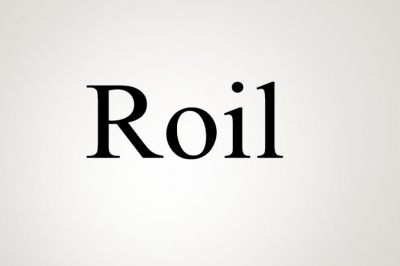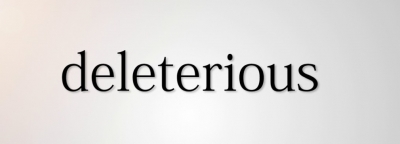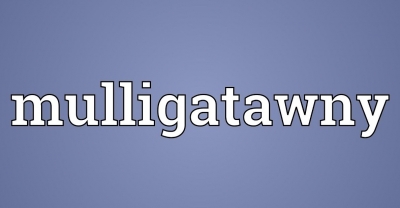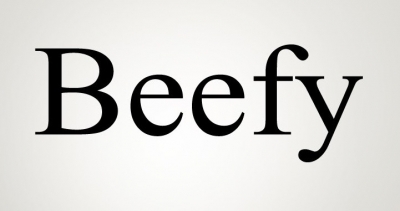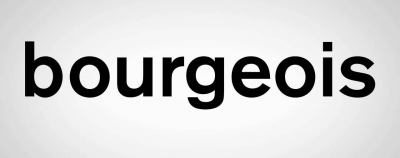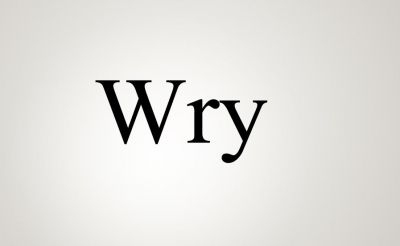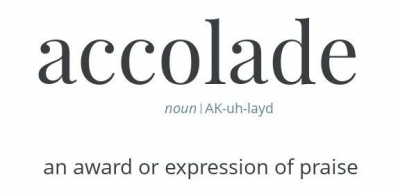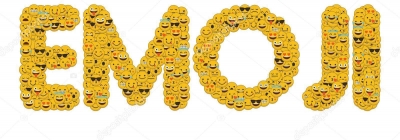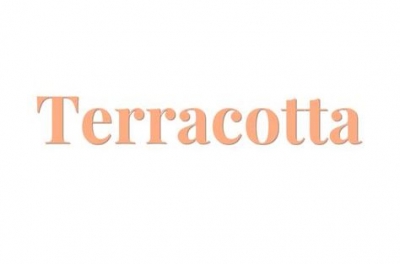What are the meaning, origin and usage of the word vie?
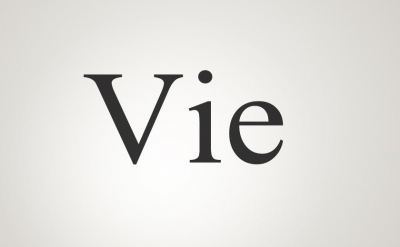
Vie
Meaning:
Used as a verb, vie means to compete with someone for something or to strive for superiority.
Origin:
The first-known use of the term "vie" in English can be traced back to the 16th Century. It was initially used as a noun in the sense "make a vie" meaning "make a bet" especially in the card game. But this sense of the word has become obsolete now. Vie is probably a short form of envie in Middle English which has many meanings: to make a challenge, envy, hostility towards others which arises from their superior advantages. This in turn came from the Old French term envier meaning "to compete, or invite for a challenge). It originated from the Latin invitare meaning "to invite".
Usage:
Athletes from many countries are vying for the title. He vies with his classmates to get the first rank in the upcoming exam.
Picture Credit : Google
